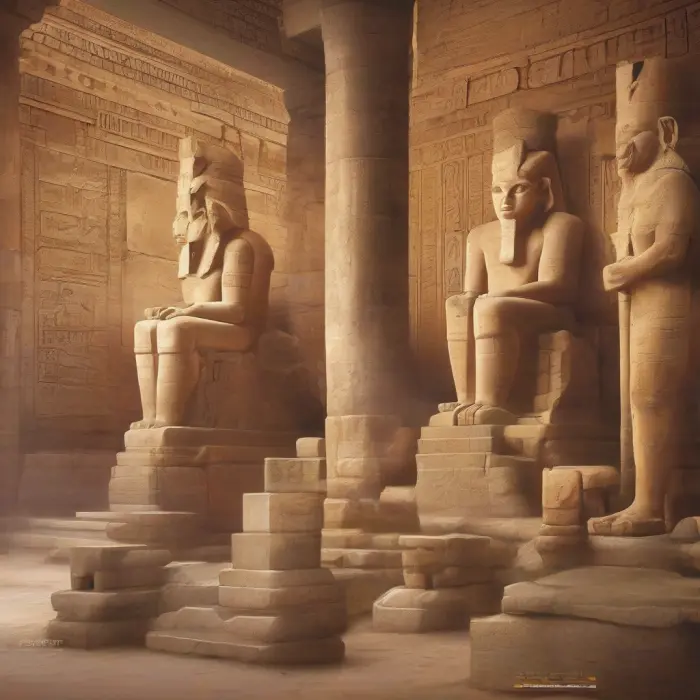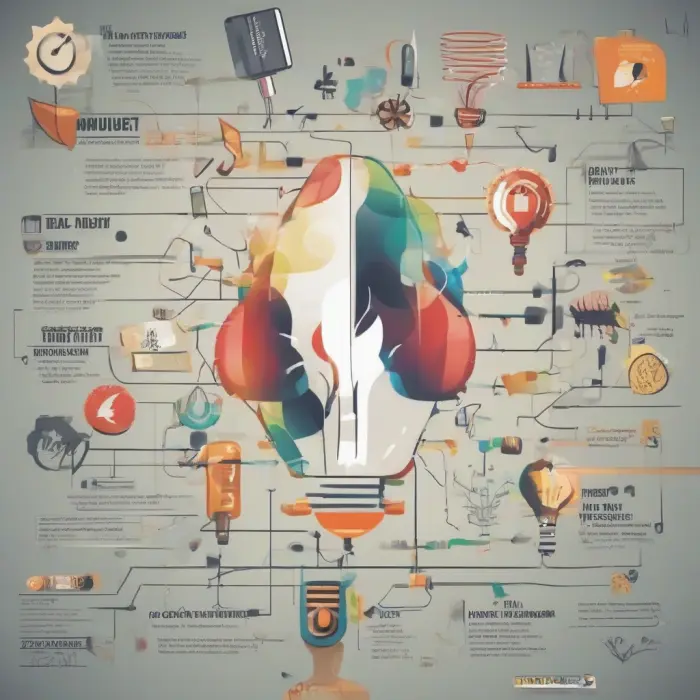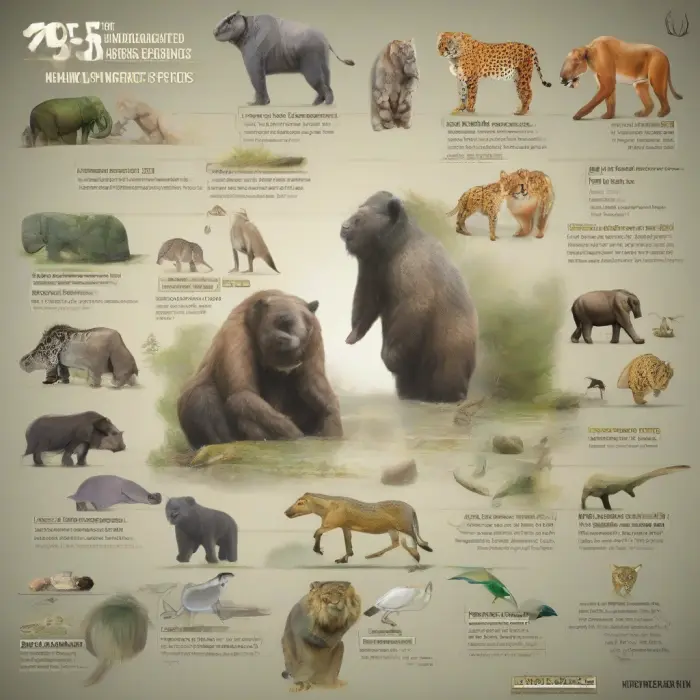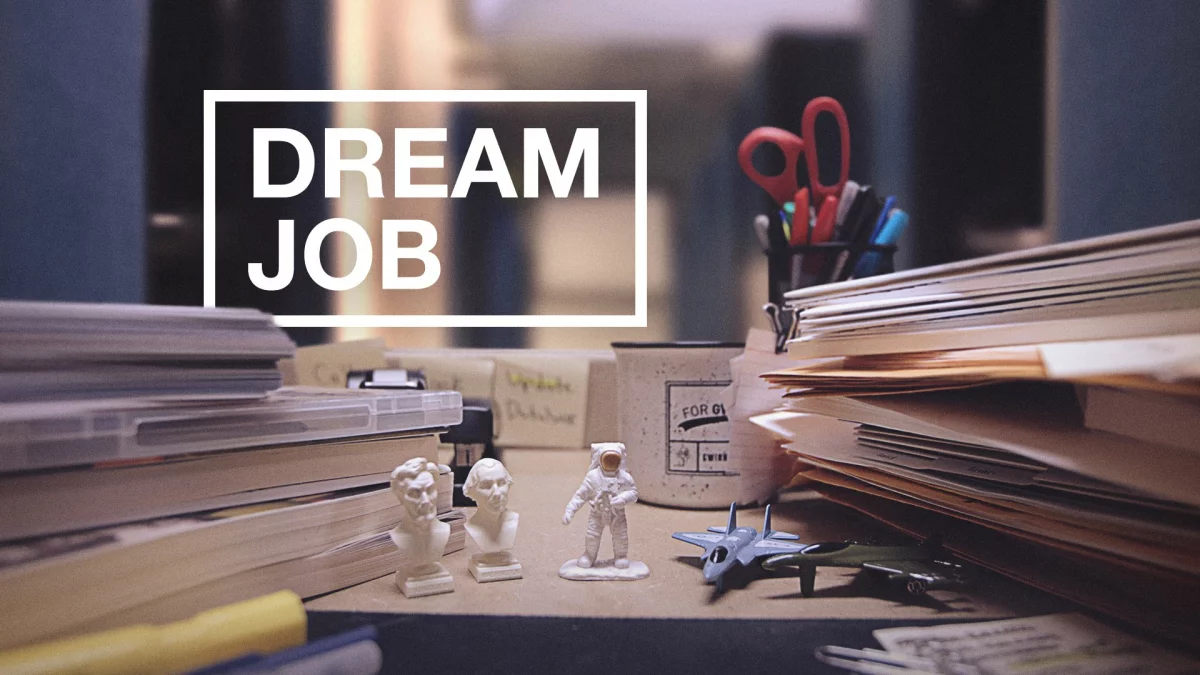Mindfulness in the Modern Age
In an age defined by relentless pace and constant distractions, mindfulness has surfaced as a counter-cultural phenomenon. It is a practice permeating modern life, and individuals are turning to this ancient philosophy for solace, self-insight, and inner tranquillity. This piece offers a comprehensive survey of mindfulness in the modern age, exploring its origins, significance, and the ways it has been fostered and implemented by society.
The Origin of Mindfulness
Mindfulness traces its roots back to the teachings of Buddha, as a vital aspect of the spiritual path towards enlightenment. But its modern iteration owes a lot to contributions from luminaries such as Jon Kabat-Zinn, a molecular biologist who founded Mindfulness-Based Stress Reduction in the late 1970s. Grounded in science, this contemporary approach emphasises self-regulated focus and fosters a detached observance of one’s thoughts and feelings—culminating in mental clarity and improved wellbeing.
Relevance of Mindfulness in Modern Society
In today’s hyper-connected realms, where multi-tasking is the norm and attention spans are dwindling, the practice of mindfulness emerges as a potent antidote. It helps individuals navigate the cognitive overload without being overwhelmed, thereby reducing stress, fostering empathy, and enhancing overall mental health. Regular mindfulness practice has been proven to bolster concentration, reaction times, and memory while mitigating anxiety and depression.
Fostering Mindfulness in Modern Society: Techniques and Strategies
The emergence of digital platforms has made mindfulness more accessible than ever before. Mindfulness apps are increasingly popular, offering guided practices, soothing sounds, and interactive sessions. Similarly, digital detoxes, yoga, and meditation retreats have gained traction.
Adopting a mindful lifestyle goes beyond the confines of designated mindfulness periods—it extends to everyday life activities. Intentional breathing, mindful eating, and active listening are some effective ways to integrate mindfulness experiences throughout the day. Notably, pursuing hobbies like gardening, painting, or pottery can also offer opportunities for developing mindfulness, as they involve full immersion in the moment.
Conclusion
The potency and utility of mindfulness in modern life cannot be overstated. Given the heightened stress levels and constant distractions that typify our era, mindfulness serves as an essential tool for mental wellbeing. While practicing mindfulness is a personal endeavor, its benefits permeate all aspects of life, including our interactions with others and our relationship with the environment.










